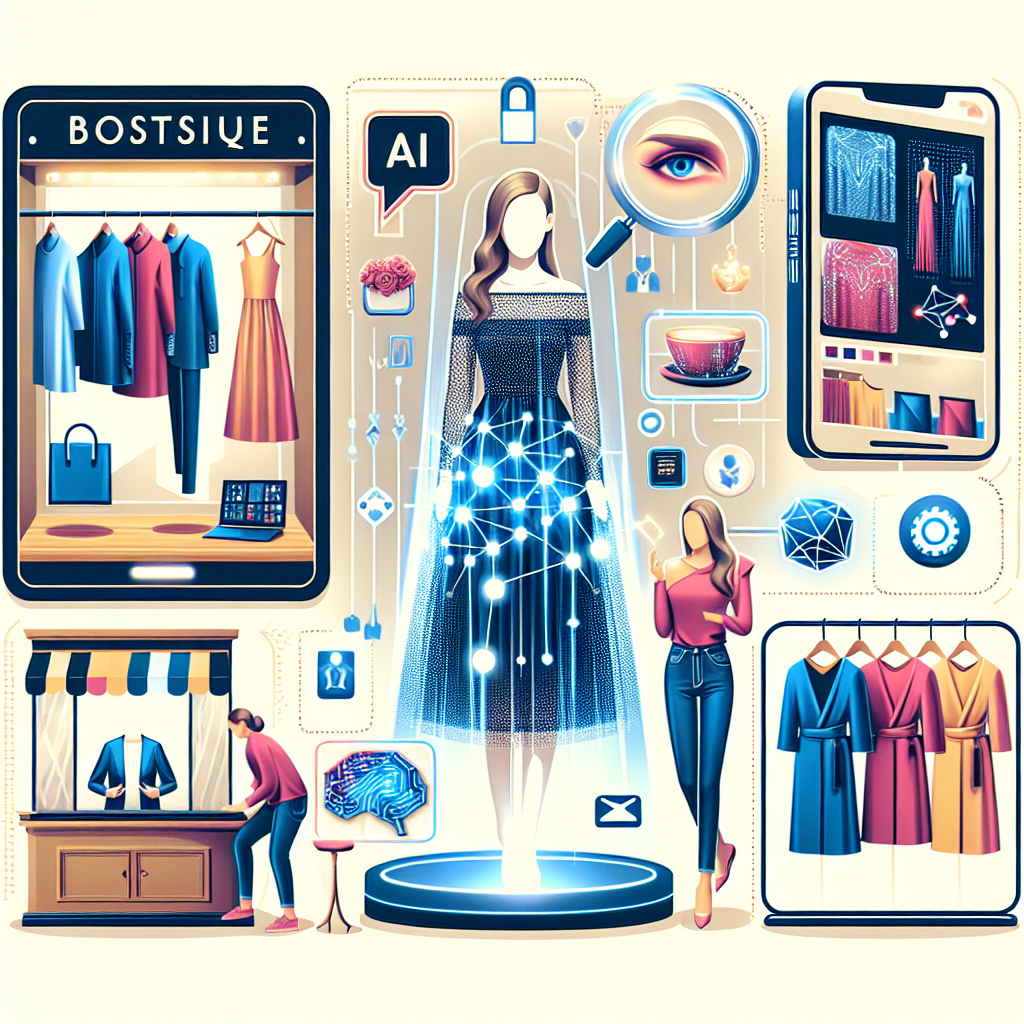Artificial Intelligence (AI) has transformed various industries in recent years, and one area that has seen significant advancements is the fashion and retail sector. AI tools are being used to create personalized experiences for consumers, allowing retailers to better understand their customers’ preferences and tailor their offerings accordingly. In this article, we will explore the applications of AI in personalized fashion and retail experiences, and how it is changing the way we shop.
AI tools in fashion and retail are being used in a variety of ways, from personalized styling recommendations to inventory management and customer service. One of the key applications of AI in the fashion industry is in personalizing the shopping experience for consumers. By analyzing data on individual preferences, such as style, size, and color preferences, AI algorithms can recommend products that are tailored to each customer’s unique tastes. This not only enhances the shopping experience for consumers but also helps retailers increase sales and customer loyalty.
Another way AI is being used in the fashion and retail industry is through virtual stylists. These AI-powered tools use algorithms to analyze a customer’s body shape, style preferences, and past purchases to create personalized outfit recommendations. Virtual stylists can help customers put together complete looks, from clothing to accessories, and provide suggestions on how to style different items. This not only saves customers time and effort in picking out outfits but also helps retailers increase sales by offering personalized recommendations.
AI tools are also being used in inventory management to optimize product assortments and pricing. By analyzing sales data, customer preferences, and market trends, AI algorithms can help retailers predict demand for different products and adjust their inventory levels accordingly. This helps retailers avoid overstocking on unpopular items and understocking on high-demand products, leading to improved sales and profitability.
In addition to personalized styling recommendations and inventory management, AI is also being used to enhance customer service in the fashion and retail industry. Chatbots powered by AI algorithms can provide instant assistance to customers, answering questions about products, processing orders, and handling returns and exchanges. This not only improves the overall shopping experience for consumers but also helps retailers reduce costs by automating customer service tasks.
Overall, the applications of AI in personalized fashion and retail experiences are vast and are transforming the way we shop. By leveraging AI tools, retailers can better understand their customers, offer personalized recommendations, optimize inventory levels, and enhance customer service, leading to increased sales and customer satisfaction.
FAQs:
Q: How does AI personalize the shopping experience for consumers?
A: AI algorithms analyze data on individual preferences, such as style, size, and color preferences, to recommend products that are tailored to each customer’s unique tastes.
Q: How do virtual stylists use AI to create personalized outfit recommendations?
A: Virtual stylists use algorithms to analyze a customer’s body shape, style preferences, and past purchases to create personalized outfit recommendations.
Q: How does AI help retailers optimize inventory management?
A: AI algorithms analyze sales data, customer preferences, and market trends to help retailers predict demand for different products and adjust their inventory levels accordingly.
Q: How do chatbots powered by AI enhance customer service in the fashion and retail industry?
A: Chatbots powered by AI algorithms provide instant assistance to customers, answering questions about products, processing orders, and handling returns and exchanges, improving the overall shopping experience for consumers.

